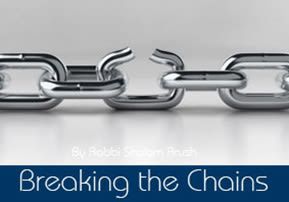
Breaking the Chains
Prayer is one’s personal redemption. One who masters the art of prayer – especially personal prayer – breaks the chains of exile and attains his individual redemption.

Translated by Rabbi Lazer Brody
In Forest Fields, Part 2
The Creator gave us a magnificent gift – a daily hour of hitbodedut, or personal prayer in solitude. Anyone who desires to taste the sublime sweetness of paradise on earth should accustom himself speaking to Hashem in personal prayer for an hour every single day, as we shall learn in this book.

Prayer is one’s personal redemption. One who masters the art of prayer – especially personal prayer – breaks the chains of exile and has attained his individual redemption. To understand this concept further, let’s take a look at Rebbe Nachman’s famous tale about “The Master of Prayer” (We strongly suggest reading “The Master of Prayer” in its entirety, which is one of Rebbe Nachman’s famous “Thirteen Tales”):
The Master of Prayer taught the masses about prayer and Divine service. He’d teach his pupils to devote their lives to prayer and to sanctifying Hashem’s Holy Name. Amazingly, his magnetic outreach was on a one-on-one basis. The Master of Prayer would enter a town or village and begin talking to one person about the true meaning of life on this earth. Quickly, the townsman or villager would realize that there’s no purpose to anything in the world except for serving our Creator. Subsequently, The Master of Prayer would take the townsman or villager to his encampment out in the wilderness.
Rebbe Nachman tells about a great wind that created chaos and dispersed people all over the face of the earth. The people then gathered together in groups to search for the purpose of life. Each group made its respective mistake. One group thought that prestige was the main goal of life. Another group made power its objective. A third group pursued licentiousness, and a fourth group put its emphasis on oratory prowess. Each group had its silly ideology showing that its erroneous goal was the purpose of life on earth. Yet, the group that made the worst mistake was the cult that entertained a lust for money to the extent that wealth became its idolatry.
One group attained life’s true purpose and made prayer its objective.
The king and his pure and holy ministers and servants were also dispersed among the four corners of the earth at the time of the great wind. The Master of Prayer was one of the king’s men. In time, the king’s men reunited, predominantly in virtue of the Master of Prayer’s efforts. Once they were all together, they were faced with purifying the world of the lusts and mistaken ideologies to which they had succumbed. Even though all the king’s men were pure of heart, the Master of Prayer led the purification process of the world. He was the emissary to each country, showing the locals the error of their ways.
The “Master of Prayer” tale teaches us that prayer is the key to both each person’s personal redemption and to the collective redemption of the entire world. In fact, prayer is synonymous with redemption, for only the Master of Prayer had the power of uplifting the various populations from their respective follies and false ideologies.
Why was the Master of Prayer the only one capable of correcting the world? What did he have that the king’s other righteous ministers didn’t have? The Master of Prayer was entirely immersed in prayer; he was able to teach everyone how to pray. Therefore, the entire world needed him. The Master of Prayer purified the entire world by way of prayer.
One must understand that “redemption” is synonymous to “prayer”. The Master of Prayer redeemed the entire world by teaching people how to pray. This will be the future scenario of Mashiach, may he come speedily and in our days. He too will teach everyone how to pray and thereby perfect their emuna. Rebbe Nachman of Breslev once said that when Mashiach comes, everyone will be devoting an hour a day to personal prayer just as everyone today puts on tefillin in the morning. In Hebrew, the letters that spell “Mashiach” are that same exact letters that spell “Mesiach”, one who converses.
The Kabbalah states that the first two thousand years of the world revolve around the creation of the world. The second two thousand years revolve around human development, and the third two thousand years – which the current generation is a part of – revolve around the spread of prayer in the world.
To be continued.






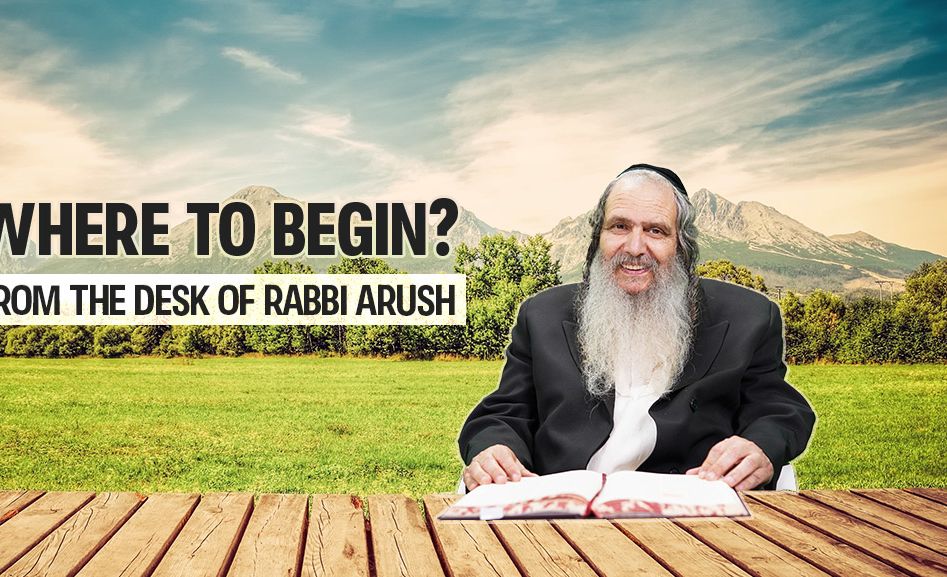
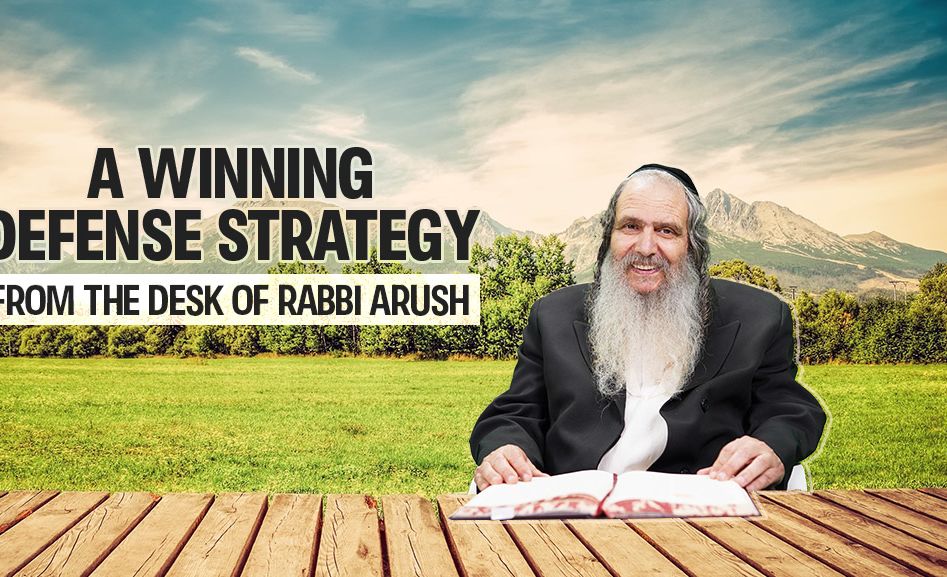

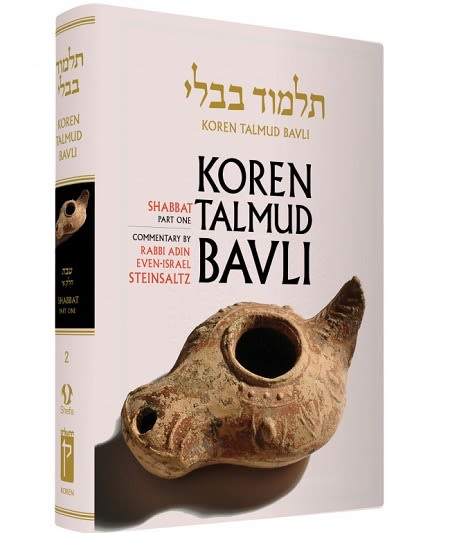

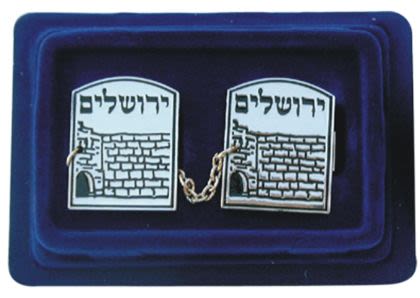
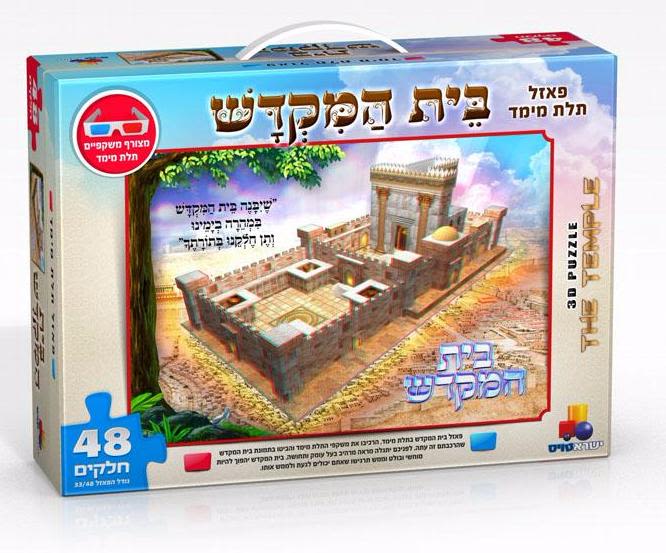
Tell us what you think!
Thank you for your comment!
It will be published after approval by the Editor.